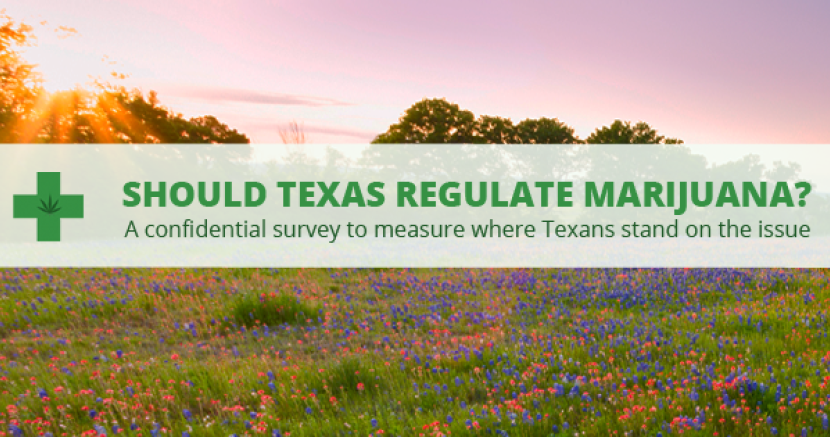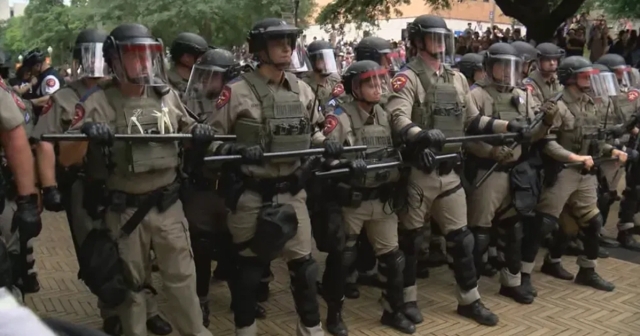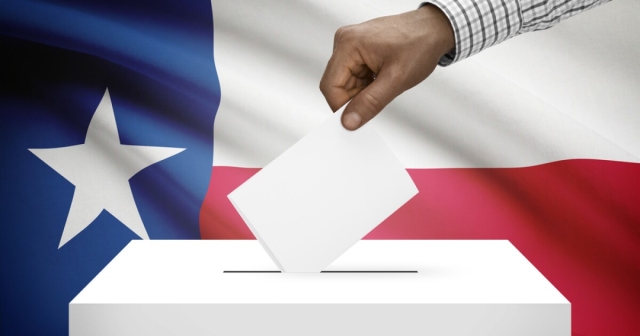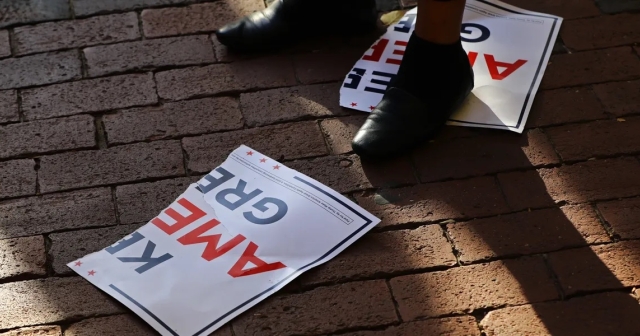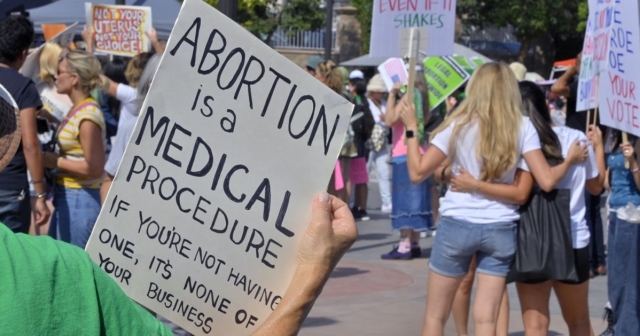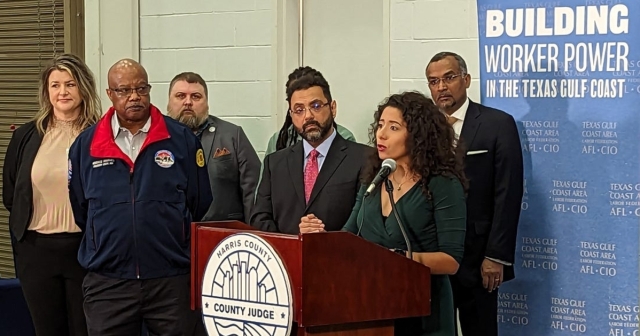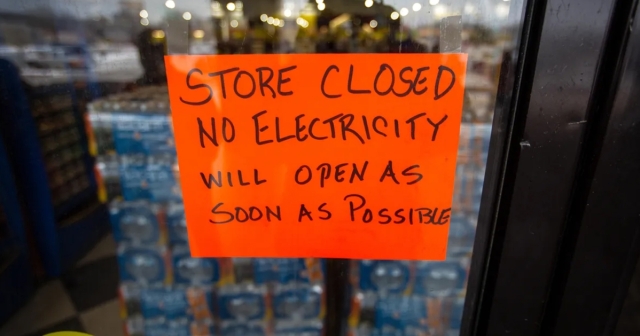Over 93% of the 10,000 Texans who have taken our confidential survey about marijuana regulation in Texas have said they favor decriminalization policies - better defined as the adjustment of criminal penalties for small amounts of marijuana use or possession.
Here's a quick summary about decriminalization, as found in our survey:
According to the Texas Department of Public Safety, approximately 73,611 adults in Texas were arrested in 2013 for marijuana possession - 59% of all arrests for drug possession in Texas. Law enforcement agencies and public safety groups agree that the amount spent imprisoning these Texans - around $50,000 per prisoner per year - would be better spent on other, more critical areas of criminal justice. (Source: San Antonio Express-News)
Decriminalizing would allow for small possessions to be treated the same way a traffic ticket would - a fine paid by the offender.
This post is the first in a policy series to start diving a little deeper into marijuana regulation in Texas. Specifically, the post below highlights the following information about decriminalization:
- What Are the Existing Marijuana Penalties in Texas?
- What Laws Have Been Proposed to Decriminalize Marijuana?
- Perry, Davis Favor Decriminalization; Abbott Opposes It
If you know of additional information we can/should highlight, please e-mail info@ProgressTexas.org and let us know!
{C}
1. What Are the Existing Marijuana Penalties in Texas?
Texas NORML has an excellent chart that displays all the penalties for possession, sale, paraphanelia, and other marijuana-related laws in Texas.
Possession of up to two ounces of marijuana is a Class B misdemeanor, punishable by up to 180 days in jail and a $2,000 fine. If a judge determines that a person is a nonviolent offender, he or she may be directed to a drug court diversion programs, which "consist of supervision, frequent drug testing and treatment programs." (Source: Texas Tribune) However, as the Austin Chronicle reported earlier this year, "the number of counties that actually have drug diversion programs is relatively small, as is the pool of individuals eligible for drug courts compared to the total number of individuals arrested for drug possession each year in Texas."
According to the Texas Department of Public Safety, 73,611 adults were arrested in 2013 for marijuana possession - 59% of all arrests for drug possession in Texas.
In 2007, the state of Texas passed a "cite and release" law, which allows local counties to determine that they don't have to send someone with small possession to jail, and instead can issue them a citation - much like for driving. The organization Texans Smart on Crime have more information on the cite and release law in Texas. The Texas House County Affairs Committee will hold a hearing to learn more about the cite and release law this coming Monday, May 5, at the Texas Capitol.
Texas ranks second in the nation in total arrests for marijuana possession, wasting nearly $300 million in state taxpayer money on a failed “War on Drugs.” Even more troublesome: Marijuana enforcement is a vehicle for law enforcement to target communities of color. In 2010 blacks made up 12.2 percent of the Texas population but accounted for more than a quarter of arrests for marijuana possession.
2. What Laws Have Been Proposed to Decriminalize Marijuana?
Across the country, 17 states have decriminalized marijuana. From NORML:
The following states have passed laws decriminalizing marijuana. Typically, decriminalization means no prison time or criminal record for first-time possession of a small amount for personal consumption. The conduct is treated like a minor traffic violation: Alaska, California, Colorado, Connecticut, Maine, Maryland (October 2014), Massachusetts, Minnesota, Mississippi, Nebraska, Nevada, New York, North Carolina, Ohio, Oregon, Rhode Island, and Vermont.
Here in Texas, there are two main decriminalization bills that have been filed repeatedly in recent legislative sessions. The following is a link to and description of the each of those laws from the 2013 session of the Texas Legislature:
- House Bill 184, by Rep. Harold Dutton - The legislation would make it a Class C misdemeanor for first-time posession of less than one-ounce of marijuana, so that any first-time offense would result in a citation, but not include jail time. The bill, which has been filed without advancing for multiple sessions, finally was voted out of the House committee in 2013 when Rep. Dutton changed the law so it only applied to Texans 21-years and younger.
- House Bill 594, by Rep. Elliott Naishtat - The legislation would provide an affirmative defense for those with certain specific medical conditions, and who receive a note from their doctor that marijuana might be beneficial to their health. It would be up to a judge, when a person was brought in for possession, to determine that the person was not a criminal and send him or her away.
Though neither legislation has gained much traction in recent years, the growing support for marijuana regulation across Texas is giving lawmakers hope. The following news report from KHOU in Houston summarizes the laws well, and features an interview with both Reps. Dutton and Naishtat:
3. Perry, Davis Support Decriminalization; Abbott Opposes It
Decriminalization is strongly supported by the voters of Texas. Governor Rick Perry and Democratic nominee for Governor Wendy Davis both favor decriminalization, while Republican nominee for Governor Greg Abbott opposes it.
Here's what two recent statewide polls have found:
- 61% support decriminalization - according to a September 2013 statewide poll by Public Policy Polling
- 49% support some or partial decriminalizatoin - according to a February 2014 multi-issue statewide poll by the University of Texas and the Texas Tribune
Texas Governor Rick Perry gave clear support for decriminalization earlier this year, as reported by the San Antonio Express-News:
"As governor, I have begun to implement policies that start us toward a decriminalization” by introducing alternative “drug courts” that provide treatment and softer penalties for minor offenses, Perry said during an international panel on drug legalization at the World Economic Forum in Davos, Switzerland.
State Senator Wendy Davis, the Democratic nominee for Governor, also supports decriminalization, as she told the Houston Chronicle earlier this year:
"I think he is on the right track with the idea that taxpayer resources that are currently going to the imprisonment of people with two ounces or less of marijuana is probably not where we want to focus our criminal justice resources and efforts," Davis said. "I think that is something we should consider."
Attorney General Greg Abbott, however, does not support it, according to the San Antonio Express-News:
“Legalizing drugs would encourage drug use, which affects every sector of society, straining our economy, our health care and criminal justice systems, and endangering the lives of future generations,” a spokesman for Abbott said last month.
Ed. note: This post is the first in a series of policy posts about marijuana regulation in Texas. Next week, we'll be focusing on medical marijuana.
To support our research and outreach efforts, we encourage you to:
- Share our survey with your friends and family who want to learn more about the issue
- Join the conversation on our Facebook and Twitter accounts; and
- If you can, consider chipping-in $10 to help us promote a thoughtful conversation on the issue.
DONATE
Your donation supports our media and helps us keep it free of ads and paywalls.

